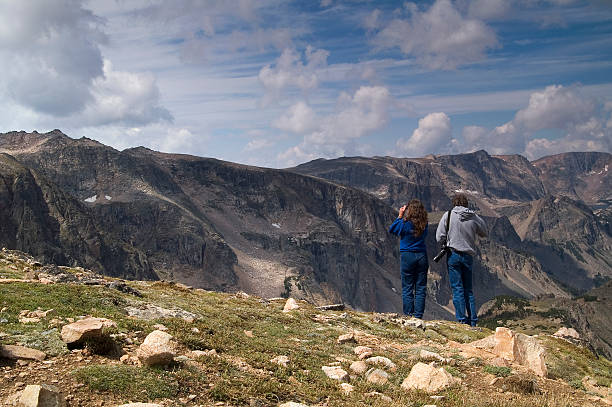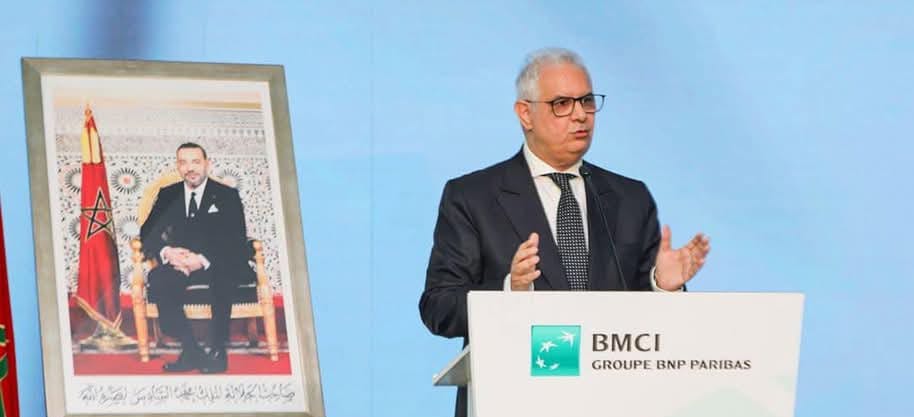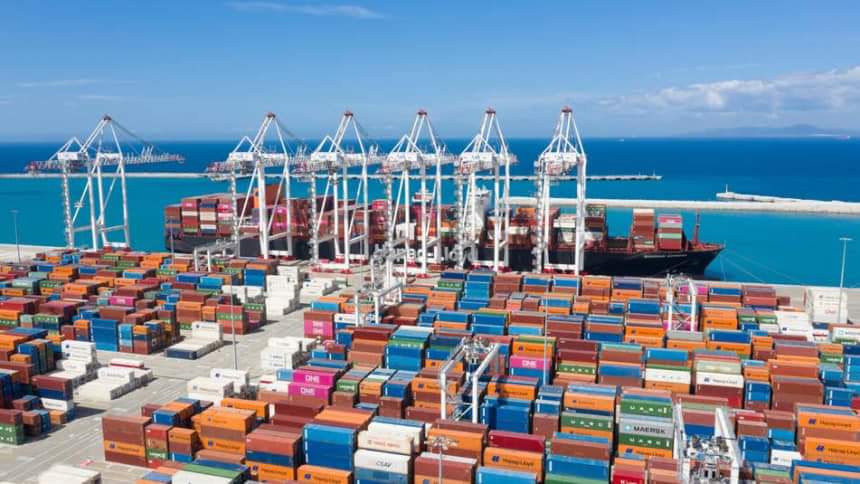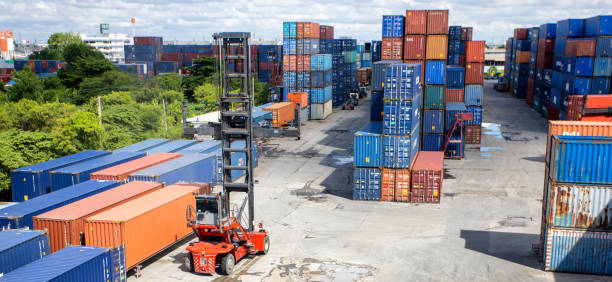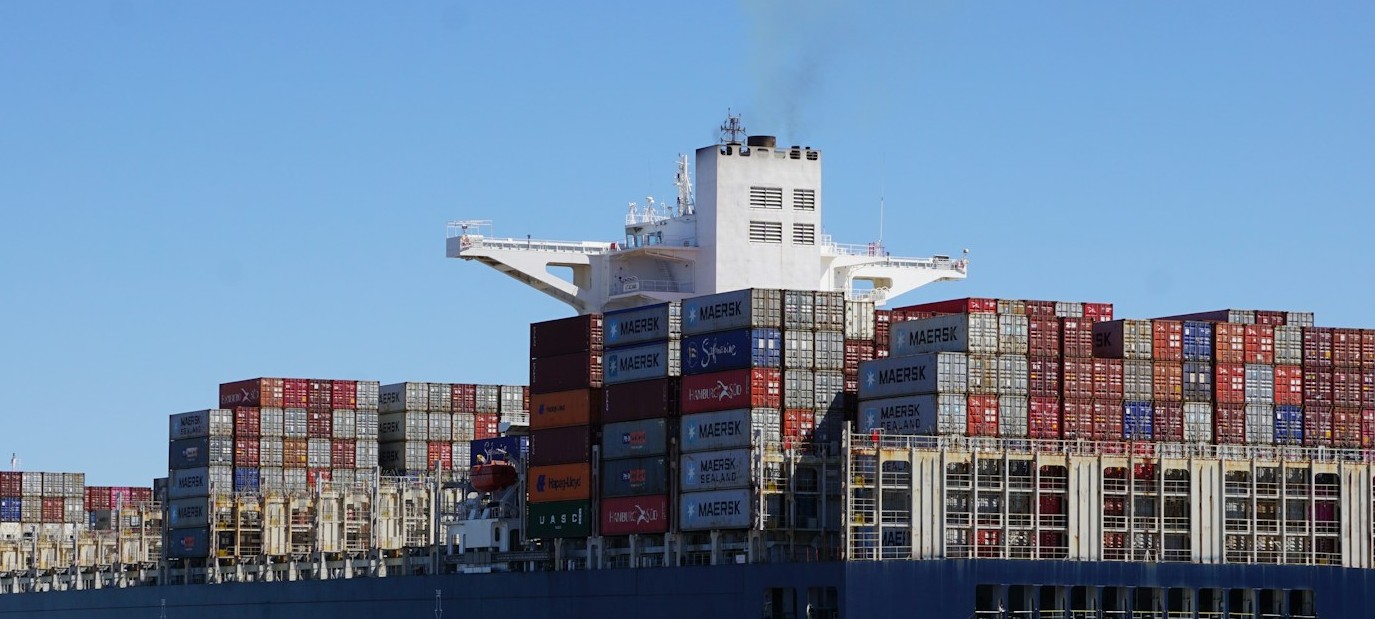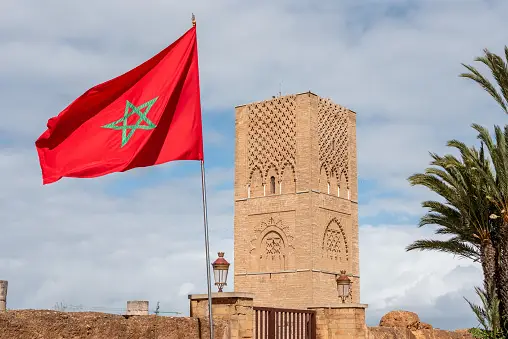Casablanca- Morocco’s tourism sector has embarked on a promising trajectory in the early months of 2024, displaying robust growth amidst persistent challenges. January witnessed a significant uptick in tourist arrivals, with over 992,000 visitors recorded by the Ministry of Tourism, Handicrafts, and Social and Solidarity Economy. This marked a substantial 10% increase compared to the same period in 2023, signaling the sector’s resilience and dynamism despite enduring the impact of the Covid-19 pandemic and the subsequent two-year closure.
The buoyancy seen in Morocco’s tourism landscape underscores the country’s steadfast commitment to navigate adversity and capitalize on opportunities for revival and reinvention. Under the visionary leadership of King Mohammed VI, Morocco has implemented a suite of strategic initiatives aimed at supporting the recovery of the tourism sector while laying the groundwork for sustainable long-term growth. Emergency plans, recovery strategies, and comprehensive roadmaps for tourism have been rolled out, complemented by initiatives such as the National Crafts Registry and mandatory health insurance schemes. These multifaceted efforts reflect Morocco’s holistic approach to bolstering the tourism ecosystem, encompassing not only traditional tourism but also the vital contributions of the handicrafts and social and solidarity economy sectors.
Central to Morocco’s tourism resurgence is its unwavering commitment to authenticity, a cherished hallmark of the country’s tourism identity. Embracing authenticity has been instrumental in differentiating Morocco as a premier destination, setting it apart from destinations reliant on mass tourism. Vision 2020, Morocco’s strategic roadmap for tourism development, underscores the importance of preserving and enhancing the kingdom’s rich cultural and natural heritage, ensuring that authenticity remains a cornerstone of the tourism experience.
Diversity further enriches Morocco’s tourism tapestry, with its varied regions, landscapes, cultural influences, and natural wonders offering a kaleidoscope of experiences for visitors. The country’s ambitious policies seek to leverage this diversity, aiming to develop the national territory and offer a plethora of rich and diverse tourist experiences. Moreover, quality and sustainability are paramount considerations in Morocco’s tourism vision, driving ongoing efforts to elevate service standards, promote sustainable practices, and safeguard the environment.
Despite the sector’s overall resilience and growth, recent reports indicate challenges in certain regions known for their annual snowfall, such as Michlifen, Ifrane, and Oukaimeden. A noticeable decline in snowfall during the crucial winter months has led to subdued tourist turnout, particularly impacting winter sports enthusiasts and those seeking scenic mountain vistas. This highlights the sector’s vulnerability to climate-related incidents and underscores the need for adaptive strategies to mitigate such risks.
Professionals in the tourism sector have expressed concerns about the financial and emotional toll of reduced snowfall, emphasizing the sector’s fragility in the face of climatic variability. While challenges remain, Morocco remains committed to its long-term vision for tourism development, leveraging its unique qualities and implementing strategic initiatives to ensure sustainable growth and resilience. With its rich cultural heritage, diverse landscapes, and commitment to quality tourism experiences, Morocco is poised to maintain its position as a leading global tourist destination.






